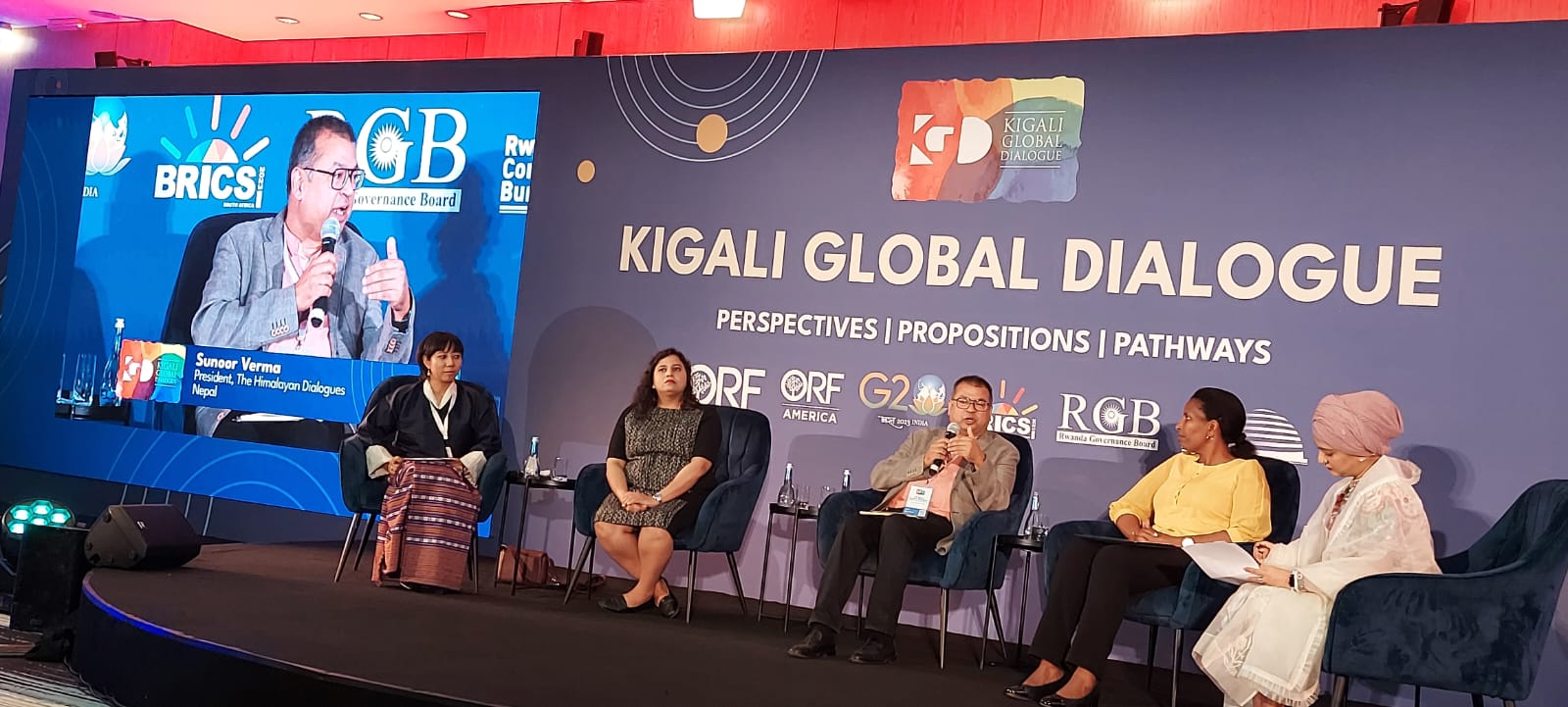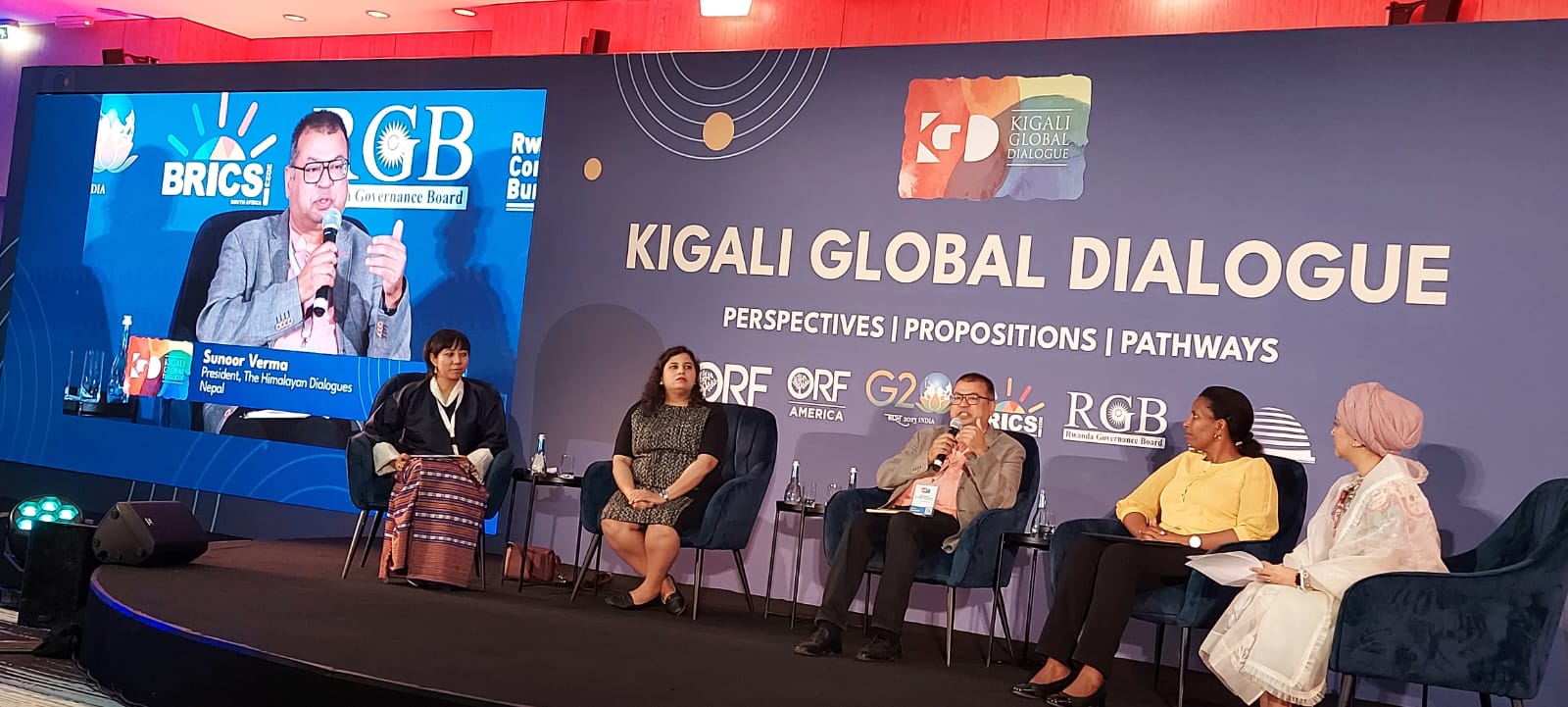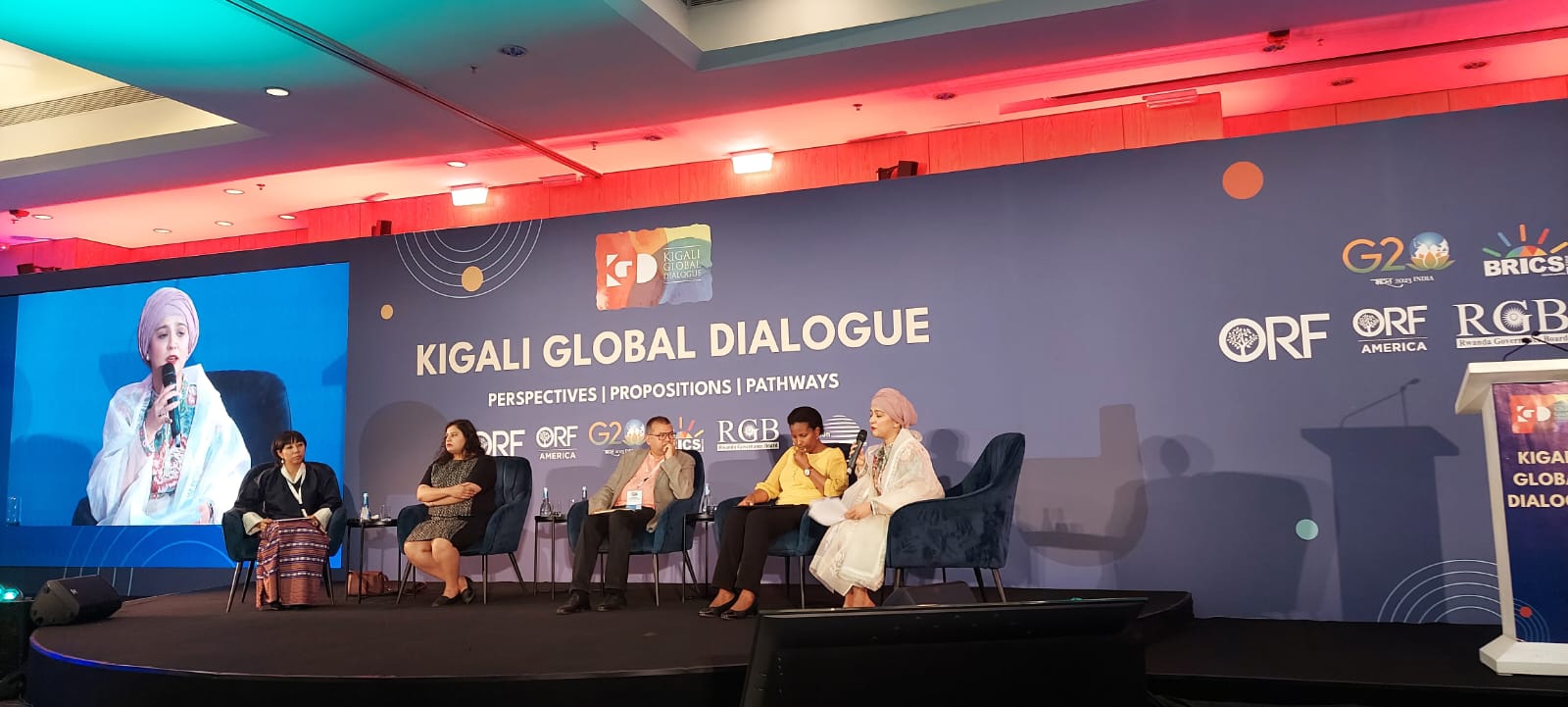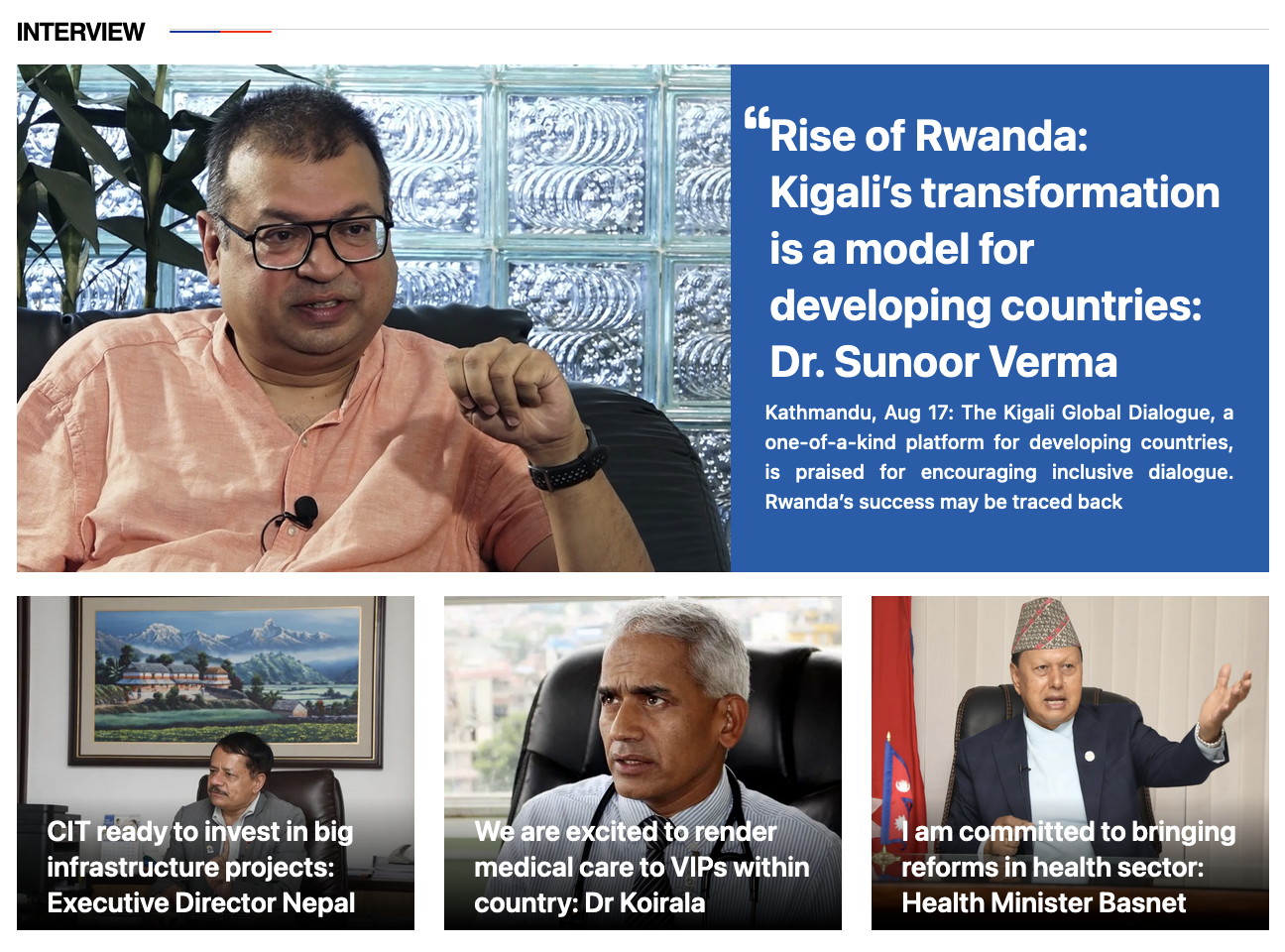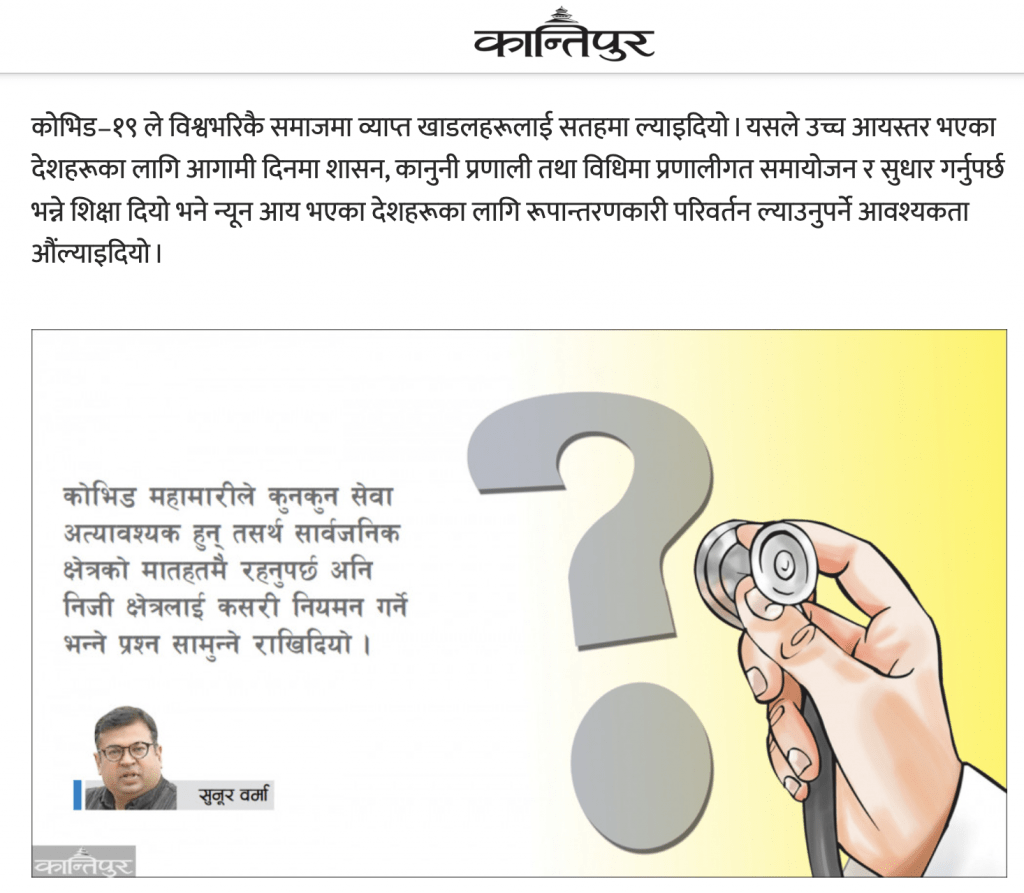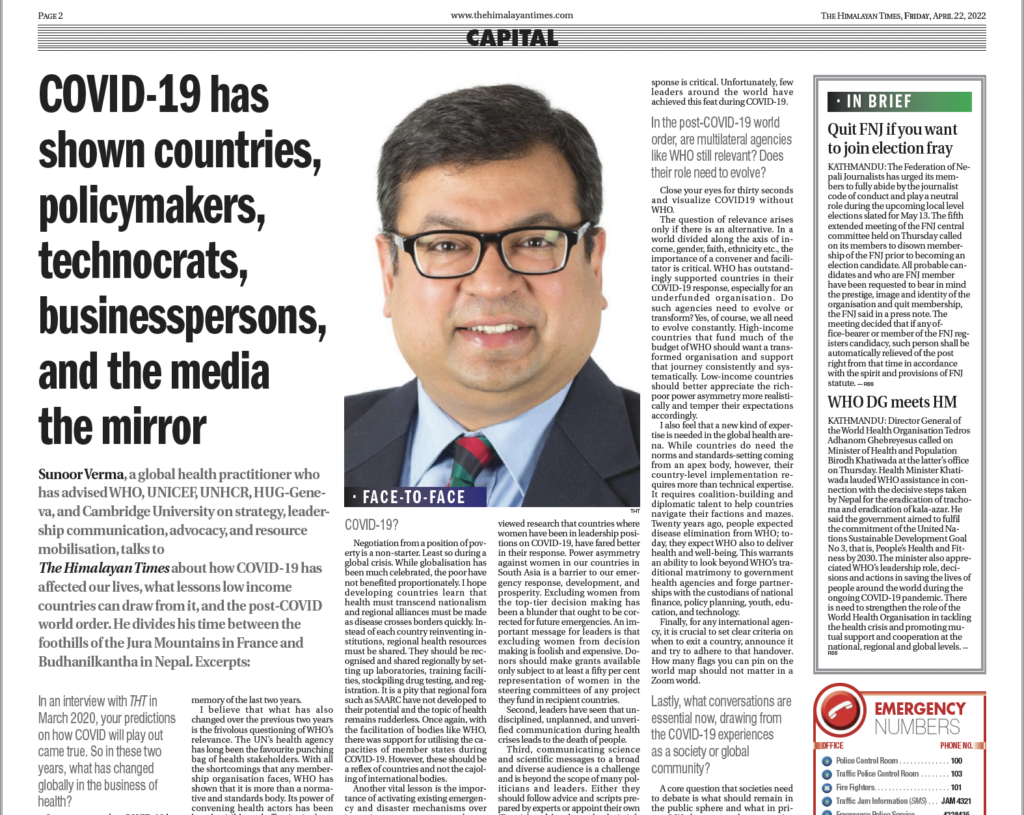Forget stock markets and GDP trends; there’s another annual report that genuinely reveals the health of a nation: Transparency International’s Corruption Perception Index (CPI). This year, the news for South Asia isn’t pretty. While the numbers don’t directly measure coughs or broken bones, they paint a chilling picture of a region struggling with a disease that eats away at its very well-being – corruption.
Across the board, South Asia scores below the global average, like a student consistently failing basic integrity tests. Only Bhutan and Maldives show signs of improvement, but what about the rest? Stagnant or slipping backwards. Afghanistan languishes at the bottom, Sri Lanka takes a worrying dip, and even giants like India and Pakistan fail to impress.
But why should we care about greased palms and shady deals when discussing health? Because corruption is a silent killer. It diverts lifesaving funds from hospitals, fuels the spread of counterfeit drugs, and silences voices that could expose public health failures. The lower the CPI score, the harder it becomes to guarantee equal access to quality healthcare, a fundamental human right that shouldn’t be a luxury. The CPI is a wake-up call that the fight for a healthier South Asia starts with tackling the rot at its core.
Consider how public health budgets for lifesaving medications and equipment are diverted to enrich corrupt individuals, a harsh reality in many South Asian countries. In 2022, Pakistan’s Anti-Corruption Establishment (ACE) registered a Rs 800 million embezzlement case against seven doctors and four other officials of the Mayo Hospital for a nefarious scheme, purchasing substandard items at inflated prices, effectively playing with people’s lives.
Meanwhile, a few days ago, in India, the Central Bureau of Investigation (CBI) arrested two of its own officers investigating alleged irregularities in Madhya Pradesh nursing colleges. These officers are accused of setting up a cartel that would collect bribes from college officials in exchange for overlooking issues and granting clean chits. The fake nursing college scandal in Madhya Pradesh, India, undermines public health by potentially graduating unqualified nurses who could put patients at risk, raising concerns about the broader prevalence of such institutions nationwide.
When COVID-19 first arrived in adjacent Bangladesh, doctors worried about the inadequate quality of personal protective equipment. There have also been instances of healthcare establishments providing fraudulent COVID-19 test results at a hefty cost. They went even further, charging a premium for Covid-19 treatment, which the hospital should have provided for free and reimbursed by the government. Instead, it did both.
Transparency International’s 2020 report on Pakistan paints a grim picture, highlighting the widespread practice of bribery for essential services like prenatal care and surgery. In this environment, the poor and marginalized, who are already struggling to make ends meet, are often left with no choice but to forego treatment, perpetuating a vicious cycle of illness and despair.
The Criminal Investigations Department (CID) arrested Sri Lanka’s former health minister and current environment minister in February 2024 for spending $465,00 on lifesaving medications that failed quality tests. Sri Lanka’s National Medicines Regulatory Authority (NMRA) claimed that falsified paperwork was utilized to get this batch of low-quality human immunoglobin, a lifesaving treatment for severe antibody deficiency. In the middle of last year, hospitals complained about patients’ drug reactions.
The ‘Pradhan Mantri Jan Arogya Yojana’ health insurance scheme, a source of hope for India’s low-income families, was rocked by allegations in 2021. Private hospitals entrusted with critical care have been accused of inflating bills, performing unnecessary surgeries, and even refusing to treat those who are eligible. This breach of trust may have diverted significant funds to provide a lifeline for the underprivileged. While investigations continue, the possibility of large-scale corruption casts a cloud of suspicion over this critical program.
Nepal’s Omni scandal during COVID-19 starkly illustrates the insidious reach of corruption in South Asian healthcare. Amidst the pandemic’s urgency, a dubious contract inflated prices and awarded medical supply procurement to a politically connected company (OBCI) lacking relevant experience. This case exposes the nexus between politics, business, and bureaucrats, where public health takes a backseat to self-interest, jeopardizing lives during a crisis.
Looking beyond our immediate borders, the Maldives, despite its idyllic image, is not immune to healthcare corruption. A 2019 Transparency Maldives report found evidence of bribery in procuring medical equipment and pharmaceuticals, raising concerns about the quality and accessibility of care. Similarly, Myanmar faces significant challenges. A United Nations report in 2021 highlighted inadequate healthcare infrastructure and a shortage of qualified personnel, exacerbated by potential systemic corruption.
In Ghana, over 80 children tragically lost their lives after consuming cough syrup imported from India, a grim result of systemic regulatory failures and corruption. This incident underscores the severe consequences of compromised safety standards in pharmaceutical exports, driven by the prioritization of profit over human lives. The Ghana scandal highlights the global ramifications of health sector corruption, demonstrating that lapses in regulatory oversight can have deadly international repercussions.
This discussion paints a bleak picture of how deeply corruption pervades South Asia’s health systems, with disastrous consequences for public health. This begs the question: can we remain silent in the face of such widespread suffering? Given the lacklustre and haphazard efforts of governments in this region to address corruption in meaningful ways, two key actors have a moral obligation to raise their voices and help tackle this issue head-on: WHO and UN agencies.
As the world’s leading authority on public health, the World Health Organization (WHO) cannot ignore the insidious link between corruption and poor health outcomes. Its regional and country offices must become vocal supporters of clean and transparent healthcare systems. Issuing strong statements is a powerful way to effect change. The WHO Director-General and regional directors should publicly condemn corruption in health, emphasizing its negative impact on populations. They can set the tone for prioritizing integrity and accountability in healthcare systems by stating their position clearly. Since WHO leadership now makes statements on ongoing wars and conflicts, corruption should no longer be taboo.
WHO’s ambivalence on corruption and reluctance to highlight how privatization of health services harms public health outcomes has not helped either. The evidence for this correlation has long been available, but there has been no effective advocacy by the global custodian of health. South Asian lawmakers and their families frequently own private hospitals, medical colleges, nursing homes, and schools. It is clear where they would stand in the privatization of health debate. WHO should advocate, in particular, with those international finance institutions constantly pushing for lower public-sector health spending and see privatization as the first line of treatment for failing healthcare systems.WHO enters into three to five-year country cooperation agreements with host governments to outline the agreed-upon work plan. Corruption in the healthcare sector should be a vital component of this agreement with allocated funds. Without this, the WHO becomes an accomplice to local politicians who steal donated money.
Thorough country-focused research and reports showing the quantifiable effects of corruption on health outcomes are another essential strategy for fighting health corruption. Data encourages decision-makers to act, especially when it comes to citizen health. Rather than adding to its already overburdened issue list, the WHO should work closely with organizations like Transparency International and the Boston University School of Public Health, which have specialized expertise and credibility in this field. In such partnerships, the WHOcan help develop clear policies, implement effective oversight mechanisms, and promote transparency in health procurement and resource allocation.
Supporting whistleblower protection within WHO, specifically its regional and country offices worldwide, is a critical aspect of combating corruption in health. WHO employees and collaborators who witness corruption firsthand should have safe and confidential channels to report it without fear of retaliation. The WHO can help expose corruption, hold wrongdoers accountable, and improve healthcare delivery by creating an environment where whistleblowers feel empowered and protected.
Development agencies, the United Nations, and international donors are critical players because they provide the financial and technical support required to drive country-level development efforts. However, due to the pervasive influence of corruption, these organizations frequently face obstacles in their efforts. To effectively address this issue, they must take proactive measures and make more intentional decisions. First, they should include corruption assessments in their country reports. This allows them to understand better the scope and nature of corruption in each country, which is critical when developing effective anti-corruption strategies. Recent UN country reports rarely mention the words “corruption” and “misgovernance.” Second, donors should tie aid to demonstrable anti-corruption efforts. Third, they should help civil society organizations (CSOs) combat corruption. CSOs play an essential role in holding governments and other institutions accountable, and they require financial and technical resources to do so effectively.
Corruption is a human invention; it can be dealt with, even in South Asia!
Published in print on 05 June 2024 in The Annapurna Express
Dr Sunoor Verma is the President of The Himalayan Dialogues and an international leadership communication expert. More on www.sunoor.net
Hashtags
#Afghanistan #Bhutan #Bangladesh #Maldives #Myanmar #Nepal #Pakistan #SriLanka #India #Corruption #Health #WHO #UN #South Asia #Transparency #GobalHealth #GlobalHealthDiplomacy
—END—
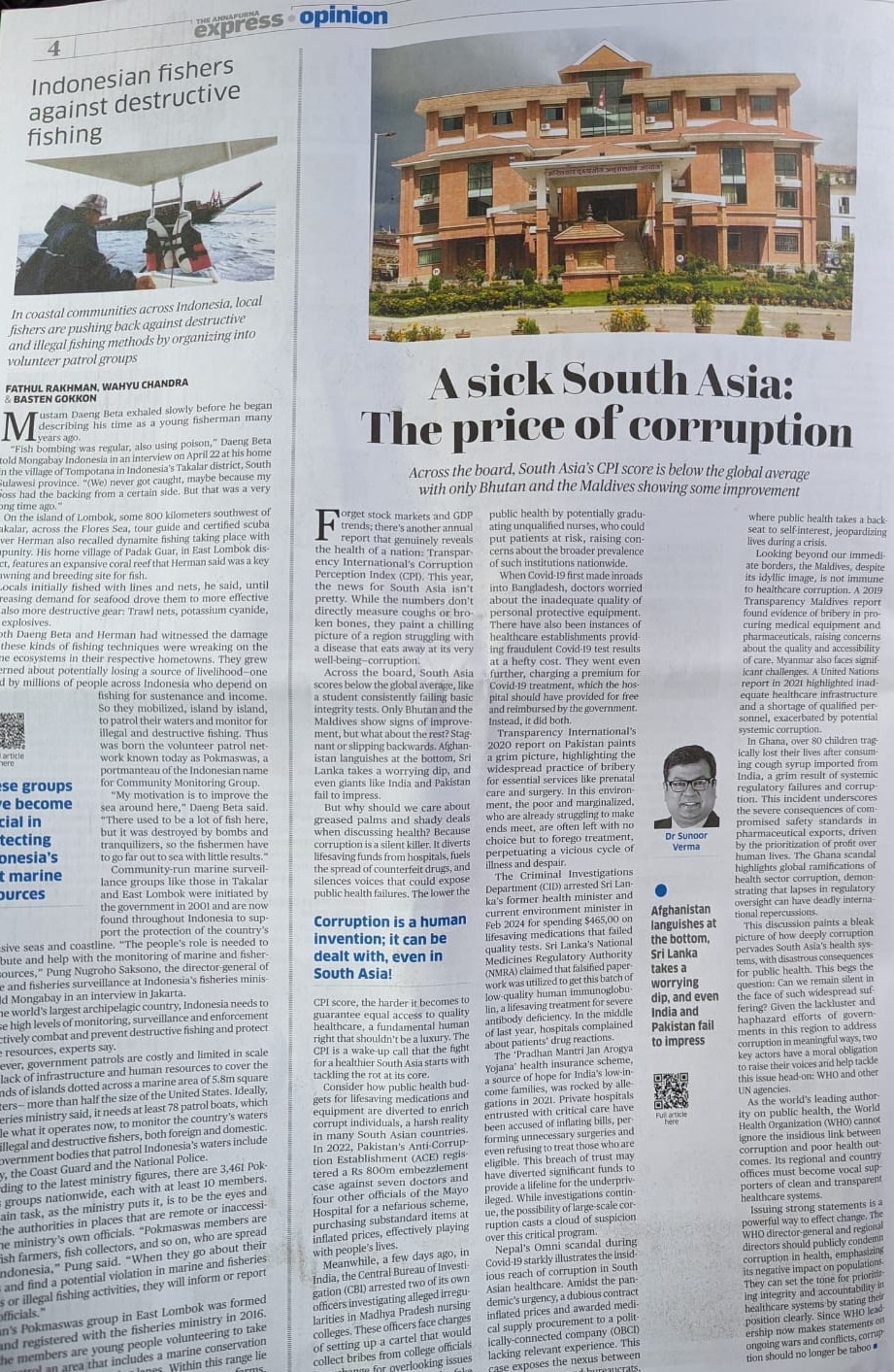
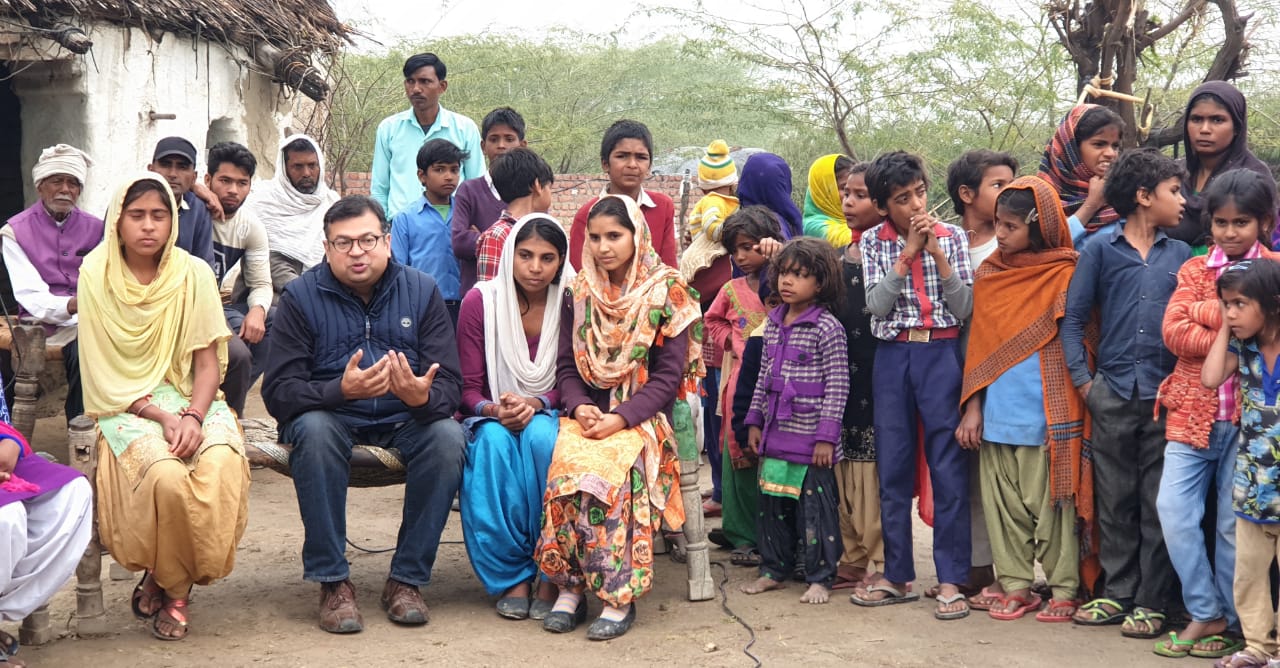
 Interview with Dr Sunoor Varma
Interview with Dr Sunoor Varma